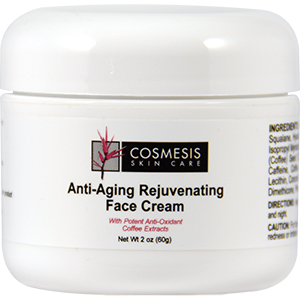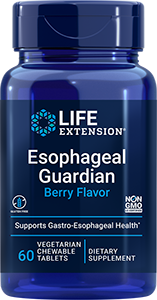|
The results of a pooled analysis that appeared online on November 22, 2013 in The Lancet predict that up to half the cases of obesity-associated heart disease and stroke could be prevented by controlling blood pressure, glucose and cholesterol.
Goodarz Danaei of Harvard School of Public Health and colleagues selected 97 prospective studies that included over 1.8 million men and women for their analysis. They determined that the presence of hypertension, elevated cholesterol and high blood glucose account for up to half of the greater risk of heart disease experienced by overweight individuals and three quarters of their increased risk of stroke. "If we control these risk factors, for example through better diagnosis and treatment of hypertension, we can prevent some of the harmful effects of being overweight or obese," Dr Danaei observed.
"Large, long-term population studies like this one are a very powerful tool, allowing researchers to disentangle individual factors and understand how they each contribute to our risk of disease," noted Professor Stephen Hill, who is Chair of the Medical Research Council's Molecular and Cellular Medicine Board, which contributed funding to the research. "It's interesting that, even when blood pressure, blood sugar and cholesterol are brought under control, obese individuals are still at a higher risk of heart attack and stroke. This suggests that other factors might be at play, which is likely to be of interest for future research into the consequences of obesity."
"Controlling hypertension, cholesterol, and diabetes will be an essential but partial and temporary response to the obesity epidemic," stated study coauthor Majid Ezzati, who is a professor of global environmental health at Imperial College London. "As we use these effective tools, we need to find creative approaches that can curb and reverse the global obesity epidemic."
|









